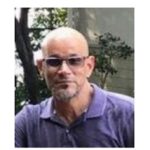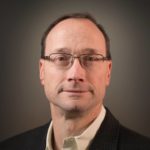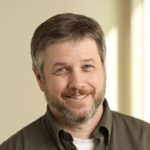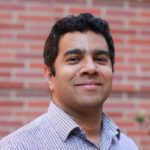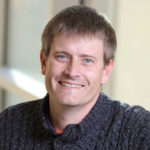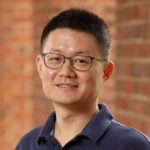Rafael A. Rodríguez Solís
Rafael Rodriguez Solis is currently a Professor at the Department of Electrical and Computer Engineering at the University of Puerto Rico, Mayagüez.
His main interests are wideband and tunable microwave and millimeter-wave antennas and circuits, in particular for communication, radar, and body area network systems. He is the UPRM PI for the NOAA Cooperative Remote Sensing Science and Technology Center (NOAA-CREST), the director of the UPRM Microwave and Millimeter-wave Systems Laboratory and the Institute of Research in Integrative Systems and Engineering (IRISE), and the coordinator for the UPRM Applied Electromagnetics Laboratory.
At this time, Rafael is working on the development of antennas for body-centric wireless communications, in the development of weather nowcast services for renewable energy applications, and in the development of compact microwave sensors for small UAVs. He is a senior member of the IEEE (Antennas and Propagation Society, Microwave Theory and Techniques Society, and Geoscience and Remote Sensing Society).
